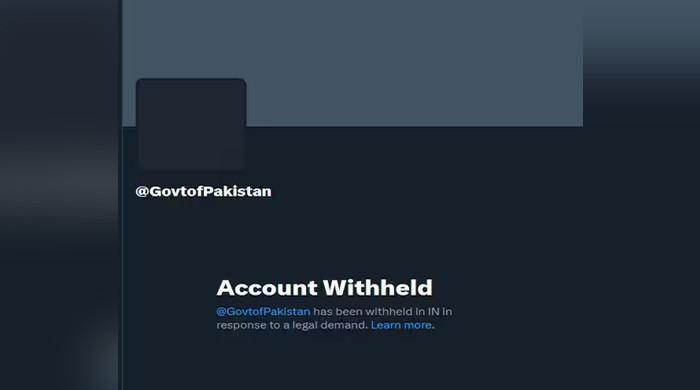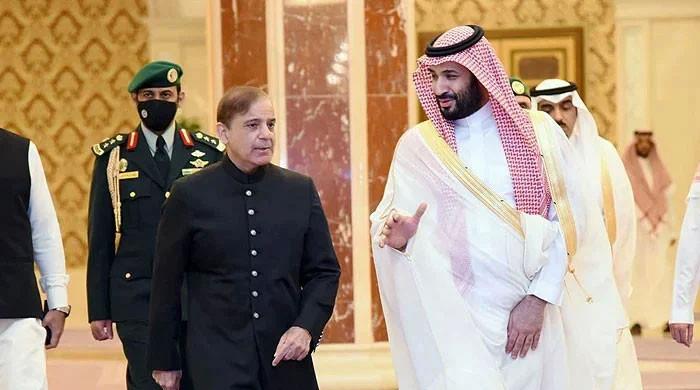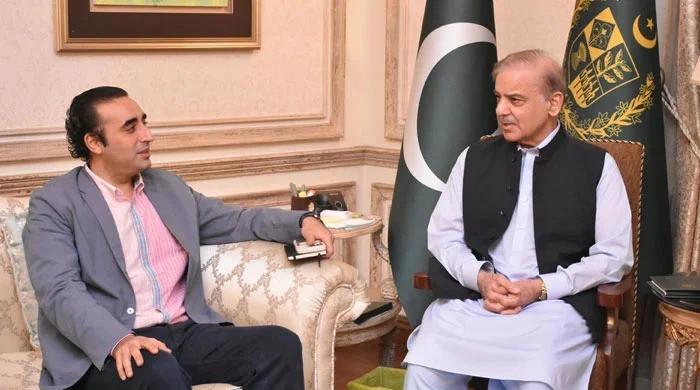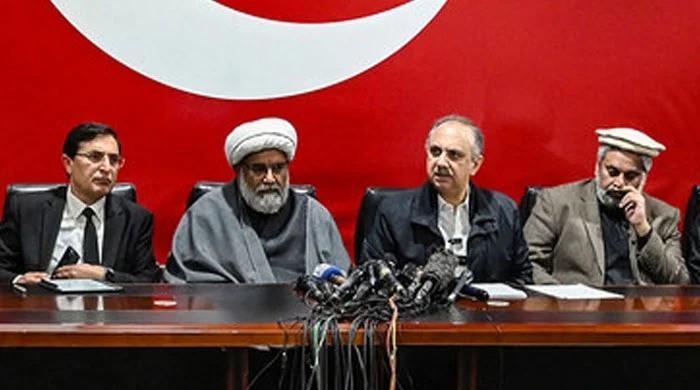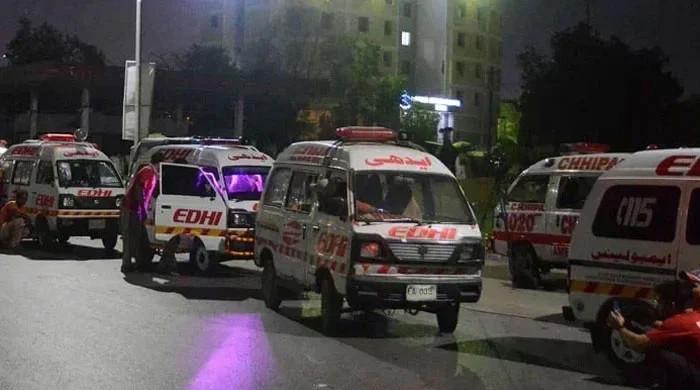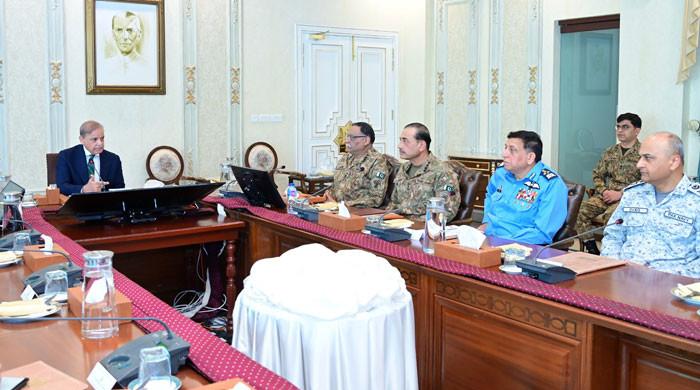DHA, Clifton residents in Karachi protest for water
They demand water lines, instead of having to depend on tankers
April 06, 2017
KARACHI: Fed up of faucets throwing air instead of water every now and then without using tankers, the residents of DHA and Clifton protested outside the office of Cantonment Board Clifton (CBC) on Thursday.
"We pay the largest amount in taxes, still do not get line water," said Pakistan Tehreek-e-Insaf's Dr Seema Zia.
If tankers are functioning, it means water is available, said PTI MPA Samar Ali Khan, who was leading the protest.
When the residents of DHA and Clifton, including PTI MPAs of the Sindh Assembly reached near the office, CBC officials closed the office gate.
The protesters put forward three demands – they should get line water instead of having to depend on tankers, the additional charges on Rs500 and that the chief executive officer of CBC apologise for misbehaving with them and resigning.
While talking to Geo.tv, Samar Ali said they went to meet the chief executive officer, three days back, on Sunday, but he only went out for 30 seconds and during that too he told him and 10 others, accompanying Samar Ali, to leave.
He added they wanted to meet the corps commander now, under whose authority comes the chief executive officer of CBC. "I'm talking here as a resident and not a representative of PTI."
He said CBC had their own tankers in which water is supplied. "They have levied an additional Rs500 in taxes on each tanker without consulting the councillors."
As a real estate agent, DHA is supposed to provide water lines instead of making households depend on tankers.
The water problem is not only persistent in DHA, because besides all the phases, from I till VIII, 13 colonies also fall under CBC.
When asked, Additional CEO Arfeen Zubair said they have levied the tax of Rs500 to discourage the VIP culture.
"People would demand extra tankers without the tax," he told Geo.tv. "The imposition of tax has discouraged many from ordering extra tankers. If a person was asking for six tankers, they now call for only two.
He maintained they have a supply of six million gallons of water every day, out of which one million is sent to areas such as Phase VII and VIII where there are no proper water lines. "The remaining five million is sent to water lines."
Some of these areas where tankers are called do have water lines but they have not been handed over to CBC, he said.
With additional input from the Webdesk




